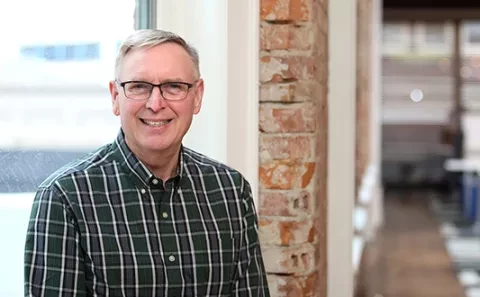June 9, 2018
Q: How do you help loved ones?
A: The most common support we provide loved ones is confidential peer coaching. We help our loved one clients set boundaries, debunk common myths surrounding addiction and prioritize self-care.
Loved one clients are paired with trained peer coaches who’ve been where they are; they’ve experienced the challenges loved ones face firsthand. Our loved one coaches have been directly impacted by the addiction of someone close to them – they’re understanding, compassionate and knowledgeable.
One of our first priorities is to dispel the popular but hurtful myths that permeate this arena. Many of our clients have been led to believe that confrontational tactics like “tough love” are needed. Confrontation is seldom effective and often leaves deep wounds in the relationship.
Another hurtful myth tells loved ones to stand by while the person they care for “hits bottom.” We discourage this. The longer the person with addiction stays sick, the more difficult the process of getting well becomes.
We also get rid of the “enabler” and “codependency” labels many of our clients wear – we understand and respect their attempts to help. We explore how some of their efforts may be misguided, but also how many of them are very helpful.
We also provide information about the disease of addiction itself. We help loved ones better understand the science behind addiction and the confusing or hurtful behaviors they often witness. We can walk through treatment options and other community resources so loved ones know what to look for when they’re helping the unwell person in their lives.
Our approach follows the principles of Community Reinforcement and Family Training (CRAFT), a non-confrontational intervention shown to be effective in helping loved ones get those struggling with addiction to engage with treatment. We find their concepts of active listening, positive reinforcement and self-care incredibly important.

